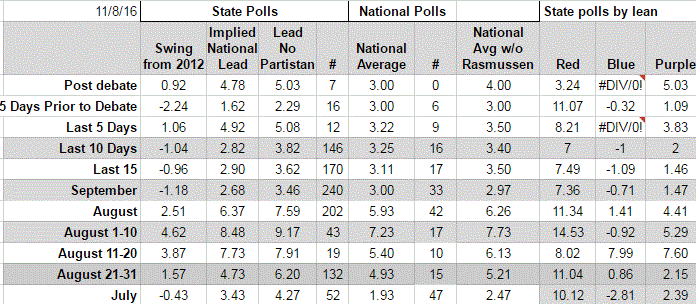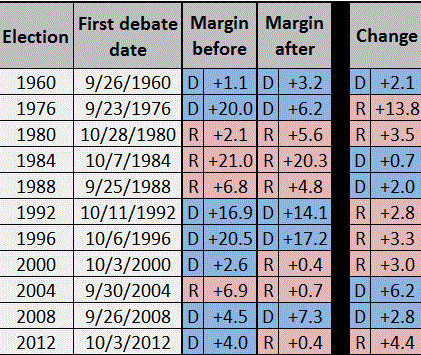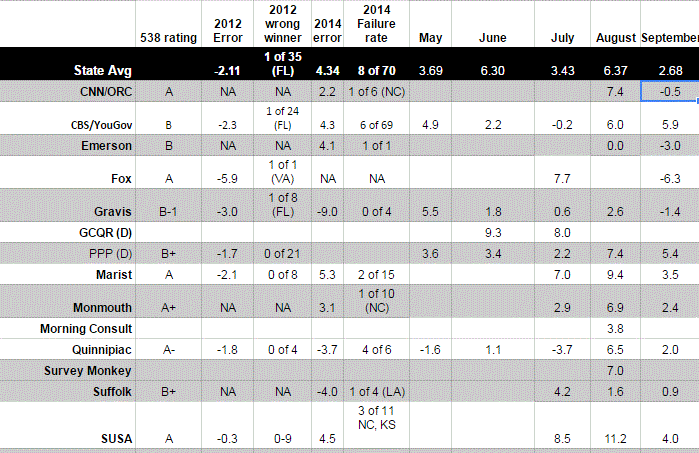I am going to pick on Don Babwin here, as well as the headline writer at the Associated Press. I do not like the article they produced that purports to explain for us why the city of Chicago is suffering from so much violence that it’s now known as the murder capital of the country.
Let’s be clear, the problem is real and the causes need exploration. There have been more murders in the Windy City this year than in New York and Los Angeles combined, and there were a record-setting 91 murders in Chi-Town in August. I’d like to know what factors that are specific to Chicago can explain the discrepancy between its murder rate and the murder rate in other major metropolitan areas. Chicago is not alone among big cities in seeing an uptick in deadly violence (see Baltimore, for example), but it’s not a phenomenon that is being felt across the board, and it bucks a longer term trend that has seen the national violent crime rate drop by half since the early 1990s.
This Associated Press does one thing right. It actually looks at who the victims are and makes at least some effort to discover why they died. And, it’s true, there are a lot of gang members on the list.
Young African-American men are the chief victims. In a city that’s one-third black, the overwhelming majority of those murdered in August — 71 — were, like Malik, African American. Another 11 had Hispanic surnames. Almost half were in their teens or early 20s.
And more than 70 percent of those shot to death appeared on the Chicago police’s “Strategic Subject List,” which includes 1,400 people considered likely targets of violence based on gang involvement or criminal record.
To those outside Chicago, the rising murder toll might suggest a city wracked by widespread violence, but August portrays a much narrower picture of constant tit-for-tat attacks among gang members, with bystanders sometimes caught in the crossfire.
There are 22 police districts in Chicago, and there are four that collectively provided a third of the homicides that occurred in August. This tells us that most of the murders are localized in identifiable neighborhoods and that most of the victims are predictably at risk of being shot. These neighborhoods have devolved into a downward spiral of revenge killings.
This is a familiar thing. Once violence breaks out on a wide scale it can escalate and burn out of control. But this doesn’t help us understand why Chicago has so many of these neighborhoods relative to cities like New York City and Los Angeles. We’d like to know what got the ball rolling and why the Chicago authorities are having such a tough time fighting the resulting fire.
Instead, we get profiles like this:
Fourteen-year-old Malik Causey loved the way gangs took what they wanted from people on the street, the way members fought for each other, the way they could turn drugs into cash and cash into $400 jeans.
His mother tried to stop him. She yanked him out of houses where he didn’t belong. She cooked up a story about Malik punching her so the police would lock him up to keep him safe for a while.
Then on Aug. 21, Monique Causey woke to discover that her son had sneaked out of the house. Before she could find him, someone ended his life with a bullet to the back of his head a few blocks away.
“I went to him and cried and told him he wouldn’t make it,” Causey said. “But this fighting, jumping on people … this is all fun for them. This is what they like to do, you know, so how can you stop them?”
Later on, there is a small effort to humanize this fourteen year old boy.
Today, Monique Causey, who works for a company that makes pizzas, thinks her son might still be alive if only she’d been able to move him someplace safer. She spoke of how smart her son was, what a whiz he was with computers and how he understood that he needed to leave behind his life on the streets, go to a safer school in the suburbs, graduate and make something of himself.
After he died, she discovered, still in the package, a pair of $400 jeans in her son’s bedroom. She knows where the money came from — the same place that killed her son.
“The streets,” she said.
If your explanation for why this young teenager was shot in the back of the head on August 21st is no deeper than he “loved the way gangs took what they wanted from people on the street” and he enjoyed “fighting, jumping on people,” then you’re not only going to struggle to have any sympathy for him but you’re not going to be any further along in understanding why he belonged to a gang, how that gang makes money, why that gang was feuding, or how the city is trying to resolve the fight.
He was a fourteen year old boy, not an animal. And his neighborhood is currently a killing zone while countless other urban neighborhoods are experiencing a peaceful existence.
On the most basic level, this article fails to provide clues that might explain “Why Chicago is the murder capital.”
Telling us that it has a lot of gang activity doesn’t tell us why those gangs are so active and so much more murderous than the gangs in other cities. There’s no effort to look at Mayor Rahm Emanuel’s plan for curtailing this violence or the plan of his top police officers, nor any comparison to more successful efforts in other big cities.
What we’re left with is a list of dead people who it’s difficult to mourn.
Police don’t know why someone thrust a knife into Hutchen’s chest. But he had been in many scrapes with rival gangs, and had 56 arrests over the years, mostly in drug and weapons cases. Also, according to his court file, he’d told a judge that he’d worn a wire so federal agents could listen in on a cocaine buy…
…One Englewood victim was Denzell Mickiel, 24, who was shot in the face on Aug. 8 over what police suspect was a gang dispute. At the time he died, Mickiel was awaiting trial for allegedly firing shots at a group of people in 2014…
…On that day, Victor Mata, 22, a member of a faction of the Satan Disciples, was found dead in the front yard of a house. It was the fourth time he had been shot in recent years.
Christopher Hibbler, 42, who belonged to the Black P Stones, a leading black street gang, died when people in a car sprayed gunfire at the corner where he was standing…
…Johnell Johnson, a 37-year-old member of the Black Gangsters on the city’s West Side, was found dead in the street, shot in the face.
When you present the information this way, it’s easy for the reader to conclude that these folks should have been in jail in the first place and that they’re doing the rest of us a favor and saving us money by snuffing each other out. That lets too many people off the hook because, again, what we want to know is what factors make Chicago so much worse than other cities. There are clearly things that are not being done that could be done to tamp down this violence.
The presentation here also makes it too easy to forget that these gang members are terrorizing their neighborhoods and that innocent people are getting killed in the crossfire. A city has a responsibility to protect its citizens and effectively police its neighborhoods, so you can’t just write off these killings as a cheap way of dealing with very bad people.
This is also why it’s so important, in any story like this, to look at the policing, because other cities with lower crime rates and less gang violence are not solving the problem with mass incarceration. We’ve tried the “lock ’em all up” approach, and it produced mostly negative results.
Unfortunately, this article doesn’t get us any closer to understanding Chicago’s problem, and its shortcomings are practically an invitation for us to revert to policies that are known to fail. In fact, the article doesn’t even offer a single idea for what might be done to solve the problem.
Drugs are only briefly mentioned and guns are only discussed as the instruments of death, never as a possible cause of it. We get no insight into what the police are doing or failing to do. Community efforts are not mentioned.
This piece doesn’t educate us. It suggests that all the dead are criminals and makes no suggestion that any of us should care about them, their innocent victims, or have any part in helping their communities.





